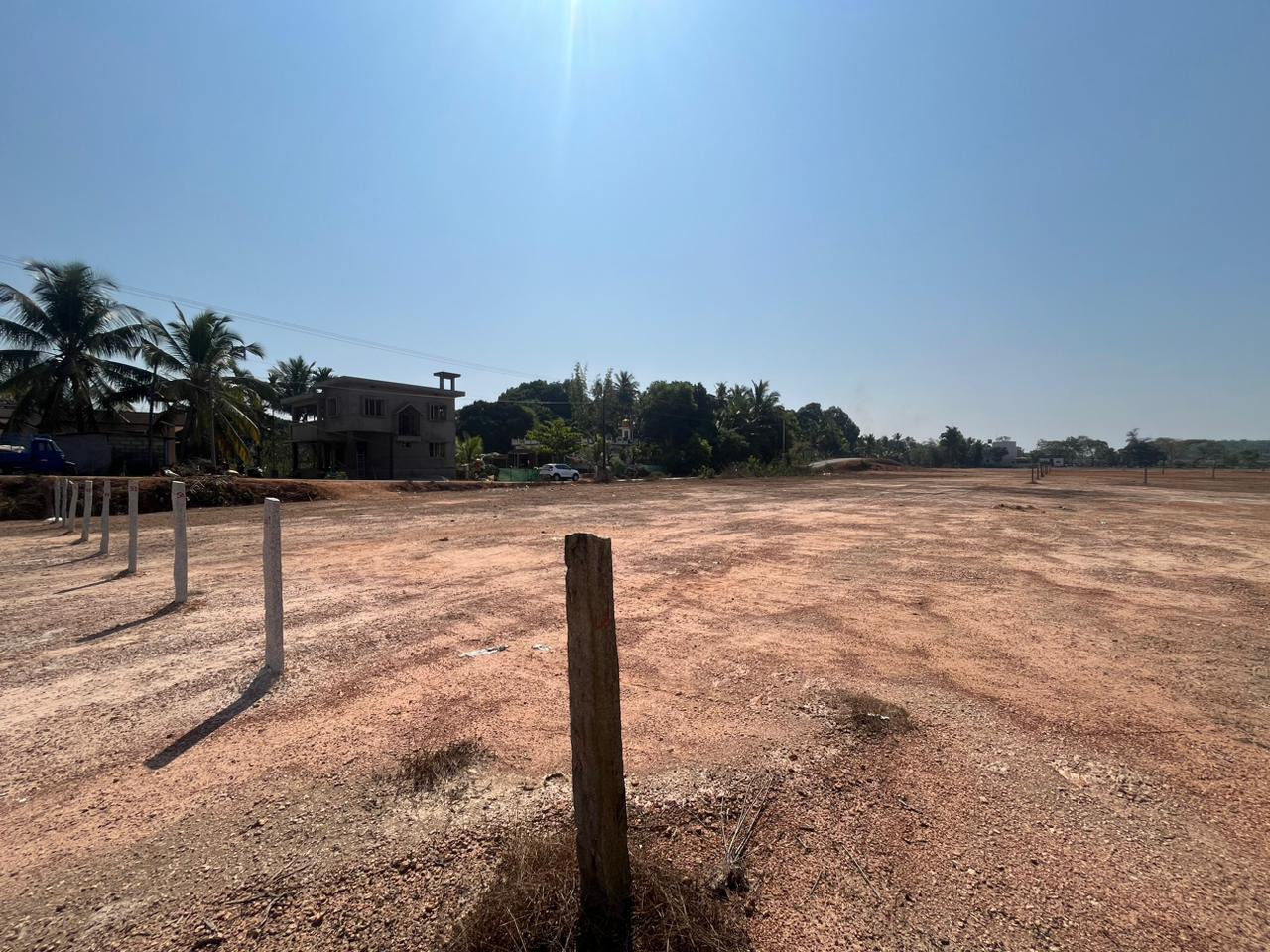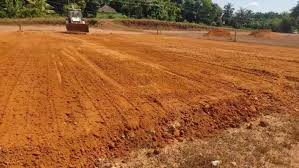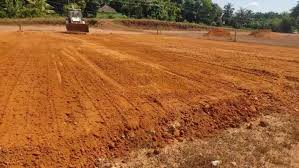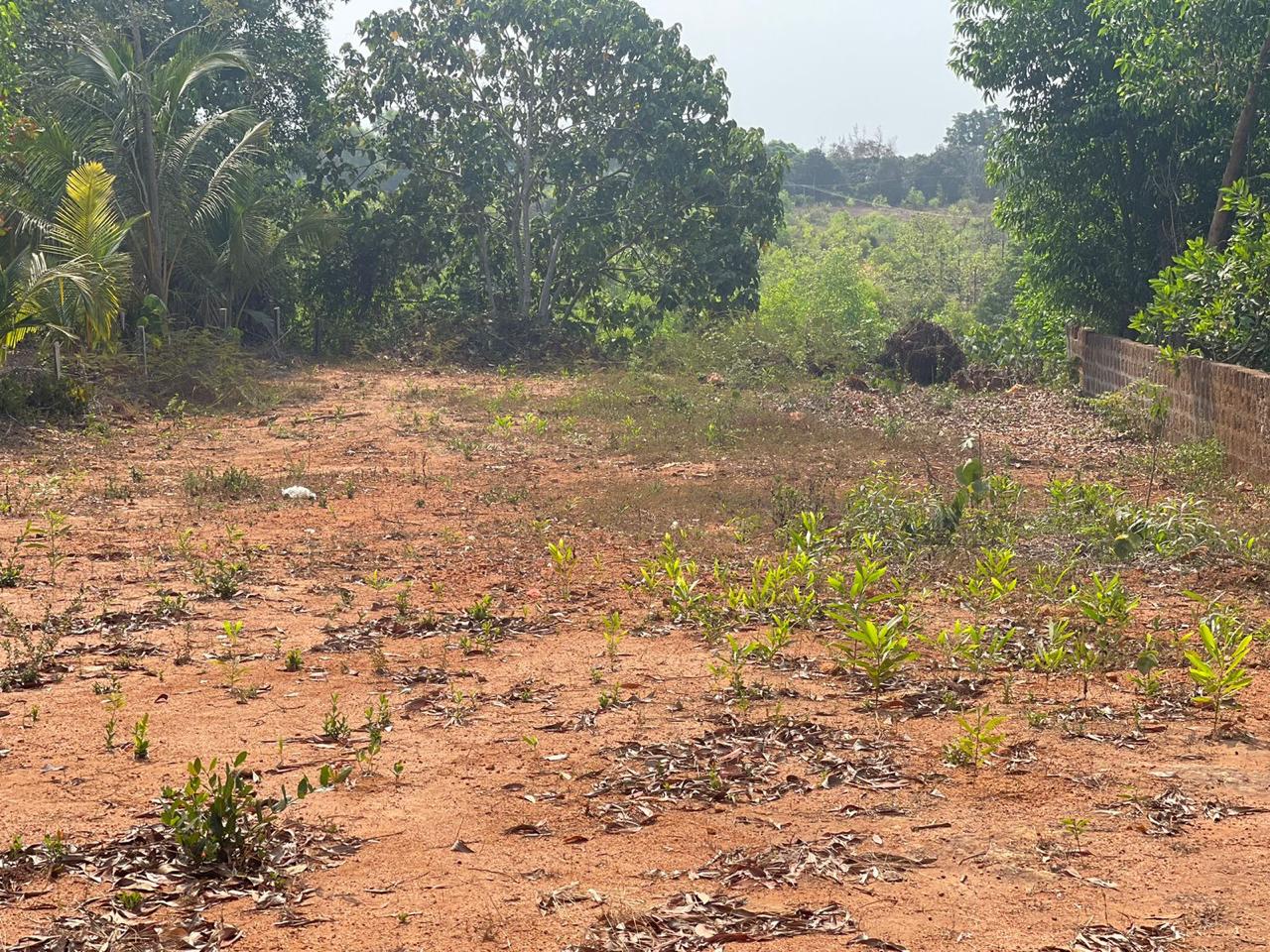The Ultimate Guide to Choosing the Perfect Land Property: Factors to Consider
In the realm of real estate investment and homeownership, choosing the right land property is a crucial decision that can significantly impact your future. Whether you’re looking to build your dream home, start a business, or make an investment, selecting the perfect parcel of land requires careful consideration and thorough evaluation. In this comprehensive guide, we’ll explore the key factors to consider when choosing land property.
1. Location, Location, Location:
The location of a land property is arguably the most critical factor to consider. It not only determines the accessibility and convenience of the property but also influences its potential for appreciation and future development. When evaluating location, consider factors such as proximity to amenities, schools, healthcare facilities, transportation hubs, and employment centers. Additionally, assess the surrounding area for growth potential, neighborhood trends, and zoning regulations.
2. Purpose and Zoning:
Before purchasing land, clarify your intended use for the property and ensure that it aligns with local zoning regulations. Whether you plan to build a residential home, commercial establishment, agricultural farm, or recreational retreat, zoning ordinances dictate what activities are permitted on the land. Conduct thorough research to understand the zoning laws, restrictions, and any future development plans for the area.
3. Size and Topography:
The size and topography of the land property are essential considerations that impact its usability and development potential. Assess the acreage and dimensions of the property to ensure it meets your needs and accommodates your intended plans. Additionally, evaluate the terrain, elevation, soil quality, and natural features of the land, as these factors can affect construction costs, drainage, landscaping, and environmental considerations.
4. Accessibility and Infrastructure:
Evaluate the accessibility and infrastructure of the land property, including road access, utilities, water supply, sewage systems, and electricity. Properties with existing infrastructure in place are generally more desirable and cost-effective for development. However, if infrastructure is lacking, assess the feasibility and cost of connecting to essential services and utilities.
5. Environmental Considerations:
Before purchasing land, conduct thorough due diligence to assess any environmental considerations or hazards associated with the property. This includes evaluating soil contamination, flood risk, wetlands, wildlife habitats, and any regulatory restrictions or environmental protections in place. Engage environmental experts or consultants to conduct site assessments and identify potential risks or mitigation measures.
6. Market Trends and Investment Potential:
Consider the current market trends, demand-supply dynamics, and investment potential of the land property. Research recent sales data, comparable properties, and market projections to gauge the property’s value and potential for appreciation. Additionally, assess the economic outlook, population growth, and development trends in the area to make an informed investment decision.
7. Legal and Financial Considerations:
Lastly, consider the legal and financial aspects of purchasing land property. Ensure that you have a clear understanding of the legal documentation, property boundaries, title deeds, easements, and any encumbrances or restrictions affecting the land. Work with experienced real estate professionals, attorneys, and financial advisors to navigate the transaction process, negotiate terms, and secure financing.
In conclusion, choosing the perfect land property requires thorough research, careful evaluation, and consideration of various factors. By assessing location, purpose, size, accessibility, environmental considerations, market trends, and legal aspects, you can make an informed decision that aligns with your goals and maximizes the potential of the land property. Remember to seek professional guidance and conduct due diligence to ensure a successful land acquisition process.














